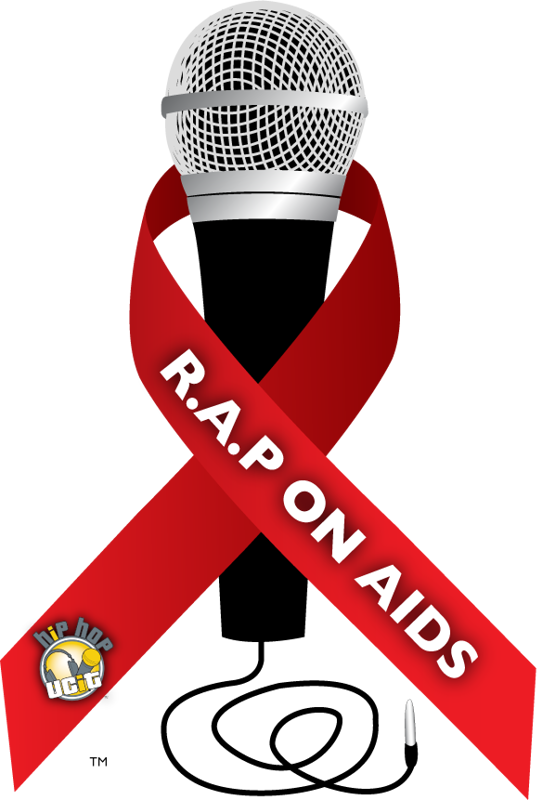test
Make HIV testing a part of routine health care. FREE, confidential, and fast (20 minutes or less) HIV testing is available across the U.S.
Knowledge is Power!
Testing should be a part of your health routine.
How do I know if I've been tested for HIV?
The only way to know for sure if you are being tested for HIV is to ask to be tested.
Even though the U.S. Centers for Disease Control and Prevention (CDC) recommends HIV testing as a part of routine health care that does not mean you are automatically tested when you go to the doctor or a clinic, even if you have your blood drawn.
HIV cannot be diagnosed with a Pap smear or through a pelvic or prostate exam.
CDC, HIV Basics, Testing. March 2018.
How soon does a test detect HIV?
It varies, but no test can detect HIV immediately after infection. If you think you have been exposed to HIV in the last 72 hours, talk to your health care provider about
HIV tests look for antibodies that result after infection. It can take three to 12 weeks before antibodies are detected by a test.
The time period between when someone has contracted HIV and a positive test is called the “window period.” During this period, a person could test negative for HIV antibodies, but
Some people have longer window periods, so if you get a negative HIV-antibody test result in the first 12 weeks after possible exposure, you should repeat the test. Talk with your
Will I be tested for HIV if I donate blood?
When you donate blood in the U.S., your blood is tested for HIV and other infections. Given the level of screening, the U.S. has one of the safest blood supplies in the world today. However, blood donation is not a reliable or recommended way to learn your HIV status.
Click here to find HIV testing near you, including free HIV testing.
How soon does a test detect HIV?
It varies, but no test can detect HIV immediately after infection. If you think you have been exposed to HIV in the last 72 hours, talk to your health care provider about
HIV tests look for antibodies that result after infection. It can take three to 12 weeks before antibodies are detected by a test.
The time period between when someone has contracted HIV and a positive test is called the “window period.” During this period, a person could test negative for HIV antibodies, but
Some people have longer window periods, so if you get a negative HIV-antibody test result in the first 12 weeks after possible exposure, you should repeat the test. Talk with your health care provider about your situation and the window period for the HIV test you are taking to find out if re-testing is recommended.
What kinds of tests are available?
There are several different ways to be tested for HIV. Some tests use blood, and others test cells inside the mouth. HIV blood tests may be a finger stick or a draw from the inner arm. Oral HIV tests use a swab of the mouth.
If you have a preference for the type of test, ask your health care provider. At-home HIV test kits are also available for sale in many drug stores.
How long does it take to get HIV test results?
Some testing locations, including at-home tests, provide initial results of HIV tests in under 20 minutes, with some as fast as one minute. These are referred to as rapid HIV tests.
Others may require a few weeks to get back results from the lab. If you have a preference for the type of test, ask your health care provider what they offer.
How much does an HIV test cost?
Free and
Most insurance, including Medicaid and Medicare, cover HIV testing in full. If you are paying out-of-pocket the cost can vary at different locations.
Where can I get tested for HIV?
HIV testing is available in most doctor’s offices and health clinics, including Planned Parenthood.
If you don’t have a regular health care provider, click here to find HIV testing near you, including free testing.
Will I be tested for HIV if I donate blood?
When you donate blood in the U.S., your blood is tested for HIV and other infections. Given the level of screening, the U.S. has one of the safest blood supplies in the world today. However, blood donation is not a reliable or recommended way to learn your HIV status.
What if I test positive for HIV?
If your HIV test comes back positive, a follow-up test will be conducted. If the follow-up test is also positive, it means you are living with HIV.
It is important that you start medical care and begin HIV treatment as soon as you are diagnosed with HIV, even if you don’t feel sick.
Antiretrovirals (ARVs) are prescribed medications used to treat HIV. A person diagnosed with HIV on ongoing treatment and in medical care can live a normal, healthy lifespan. In addition to improving health, ARVs also prevent the spread of the virus.
ARVs are recommended for all people with HIV, regardless of how long they’ve had the virus or how healthy they are. To get the full health and preventive benefits of ARVs, it is important to stay connected to medical care and continue to take medications every day as prescribed.
HHS, Guidelines for the Use of Antiretroviral Agents in HIV-1-Infected Adults and Adolescents: Initiation of Antiretroviral Therapy. October 2017.
CDC, HIV Basics, Testing. March 2018.
